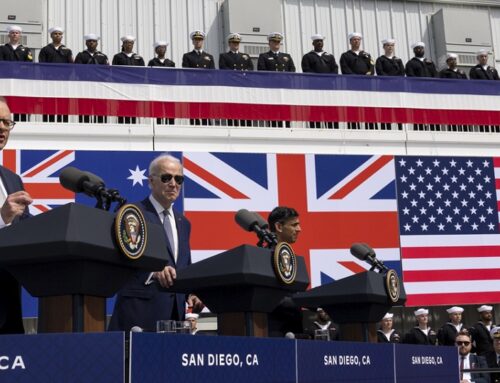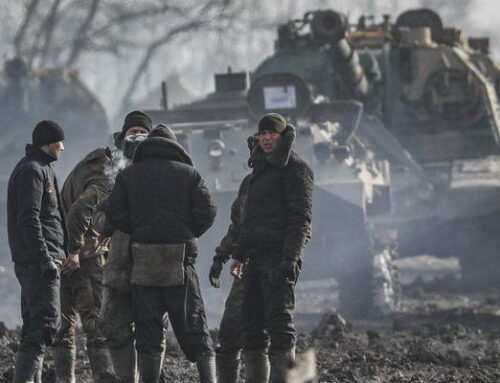Who will benefit from and who will be harmed by the advent of quantum computing, communications and artificial intelligence? Are social media, global surveillance, data-mining and other networked technologies already producing quantum effects in world politics? Will a quantum revolution present us with sentient programs, feral algorithms and non-human forms of intelligence? Who will ‘win’ the quantum race? When and how will quantum be ‘weaponised’? What are the implications for peace and security?
These and other pressing questions have been the key issues addressed by the first-ever multidisciplinary project on quantum innovations, ‘Project Q: Peace and Security in a Quantum Age’. Started three years ago by the Centre for International Security Studies (CISS) with funding from the Faculty of Arts and Social Sciences, the School of Social and Political Sciences and the Carnegie Corporation of New York, Project Q was created to assess the possibility, significance and global impact of new quantum technologies.
In short order, Project Q created an innovative one-stop website, organized four international symposia at Sydney’s historic Q Station and produced over 50 video features and interviews with leading experts. In recognition of its accomplishments, the Carnegie Corporation of New York has awarded a new USD$400,000 grant that will allow CISS to continue its quantum investigations and to share its findings through a broad range of multimedia.
‘Project Q was originally conceived as a thought experiment’, says CISS Director and Michael Hintze Chair of International Security, James Der Derian. ‘With the first atomic revolution in mind, we thought it better to assess the risks and benefits of a potent new technology before rather than after it becomes operational. But news of quantum innovations now appears on almost a daily basis, and, thanks to Carnegie making a long-shot bet, we’re the only multidisciplinary project out there that is ready to move from speculative inquiry to a full-on research program able to make policy recommendations.’
Over the next three years Project Q will continue to gather expert knowledge and stimulate public debate through a series of international symposia, lectures, workshops and video features. The project endeavors to step outside of professional silos, reaching across the natural and social sciences as well as governmental, corporate and university communities. Working with a team of scholars, students and media makers, Project Q will produce a broad spectrum of media – including a special journal issue, collection of essays, digital ‘green paper’ and a documentary film – to inform the public and provoke a policy debate on the implications of quantum innovation for peace and security.
 Project Q team (Jack McGrath and James Der Derian in the green room interview with Mark Levinson, Director of “Particle Fever” documentary.
Project Q team (Jack McGrath and James Der Derian in the green room interview with Mark Levinson, Director of “Particle Fever” documentary.
To learn more about Project Q visit the Q website, join the Q Blog, or follow @sydneyciss on Twitter.







Leave a Reply